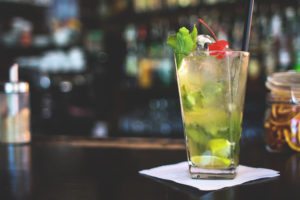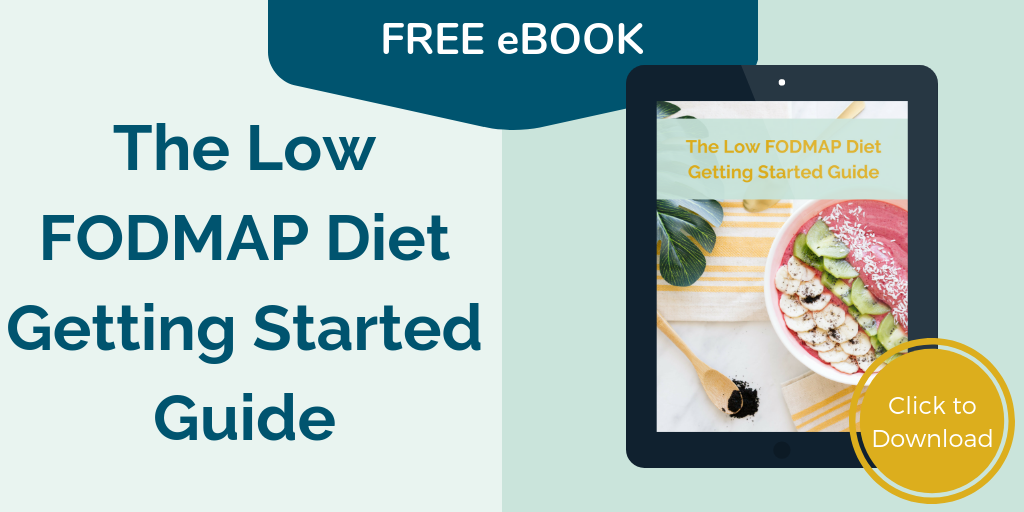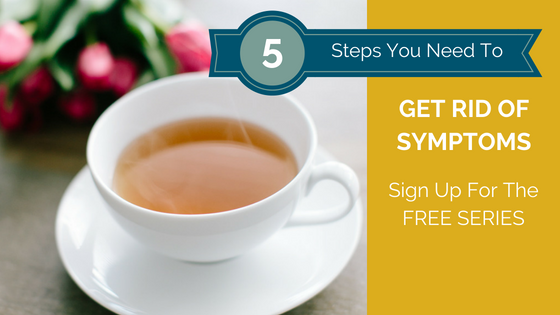It can feel really uncomfortable and embarrassing to talk about Irritable Bowel Syndrome (IBS), especially with those that don’t really get it. With over 5 million Canadians suffering from this digestive disorder, I believe we need to talk about it… perhaps you’ve gotten this from my outward discussions and posts on this blog.
If you’re not aware, I have IBS. And it was years before I started to feel better. I want you to know that you are not alone. Through changes in your diet and lifestyle it is possible to improve digestive symptoms of IBS like gas, bloating, distension and discomfort. To learn more about what IBS is, what causes it, and how it affects gut function, check out the post All About Irritable Bowel Syndrome (IBS).
The Worst Foods for IBS
IBS affects everyone differently, so it’s important to keep track of what you eat and what causes flare-ups. With that said, there are a few common foods that are most likely to cause symptoms of IBS and affect many of the clients that I work with.
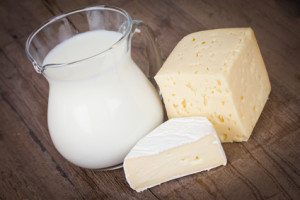 Lactose
Lactose
Lactose is the sugar found in dairy products and and can be tough to digest for many individuals. Studies show that small amounts of lactose may be okay for those suffering with IBS while large amounts can cause digestive distress. Find out where else lactose can be lurking.
Wheat
Wheat contains gluten (a protein) and fructans (short-chained sugars) which can be poorly digestive by many people with IBS, thus causing symptoms. Consumption of these potential triggers can cause serious digestive distress, so it’s best to limit or avoid.
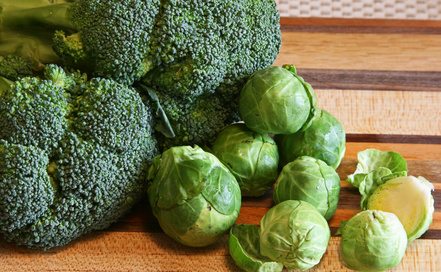
Sulphurous Vegetables
We’ve all been told to eat our vegetables. Unfortunately, for those of us with IBS, some vegetables may actually be causing digestive symptoms. Sulphurous vegetables including onions, garlic, broccoli, cauliflower, asparagus, Brussels sprouts, and cabbage contain high amounts of sulphur, which can produce gas and cause flatulence, boating and distension.
Alcohol
Alcohol is a gut stimulant, along with caffeine and nicotine, and causes your digestive tract to move things through much more quickly. For those suffering with IBS, this can create a lot of problems. Reducing or eliminating alcoholic beverages can greatly improve your symptoms. Learn more about Alcohol That Doesn’t Make Your Belly Ache.
Sweeteners
Sweeteners such as high fructose corn syrup, honey, and agave, all contain fructose, which is a fruit sugar. If consumed in high amounts, the absorption is very slow in the gut and can cause digestive upset. Fructose malabsorption is actually getting much more common and some sources say about 1 in 3 people have it.
Wondering what else affects symptoms of IBS like gas, bloating, abdominal pain, diarrhea or constipation? You’ve got to understand more about the FODMAPs, poorly digested sugars that are the most common triggers in digestive issues. Download my free eBook – Click here to get a copy emailed to you right away.
The Best Foods for IBS
Lactose-Free Milk and Milk Alternatives
Choose lactose-free cow’s milk or almond milk, old cheeses such as cheddar and Parmesan (which are very low in lactose), other lactose-free cheeses, and lactose-free yogurt. Get more tips on how to eat well while avoiding lactose.
Low FODMAP Fruits & Vegetables
As mentioned above, there are quite a few fruits and vegetables that will be poorly digested. Once you avoid the ones listed above, you’ll need to know what to include. Include those that are low in FODMAPs.
Real, Whole Food
Focus on as much natural food as you can. This means real meals that you cook from scratch at home. Eating out and having processed foods, even simple things like ice cream crackers, cookies, and frozen pizzas can be much harder to digest PLUS may include many of the above mentioned trigger foods. Stick to real foods that are easily digested. Include starches that are naturally wheat-free like potato, sweet potato, squash, rice, quinoa, millet, and oats.
Soluble Fibre
There are two kinds of fibre, soluble and insoluble. Soluble fibre forms a gel in the gut and moves through much easier than insoluble fibre. This type of fibre can help relieve IBS-symptoms for some, especially for those that suffer from constipation-predominant IBS. However, some people with IBS find that a high fibre diet makes their IBS symptoms worse! Check out our article What’s all the Fuss about Fibre to find out if adding more fibre in your diet is right for you.
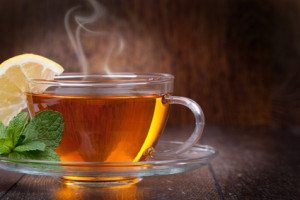
Tea
If you find yourself having a bad day, full of digestive distress, herbal tea can be a great help! Try one of the following or a blend of these:
- Peppermint Tea
- Fennel Tea
- Ginger Tea
- Chamomile Tea
Learn more about tea and caffeine and how it affects your gut by checking out our article Tea Time for Your Tummy.
Knowing what foods trigger your IBS symptoms can be a challenge. It may take a little while to figure out the best foods for your system, but keeping a food and symptom journal can help. It’s well worth the journey to get you feeling better, my friend.
Wishing you good gut health & wellness,
Stephanie and the Team


